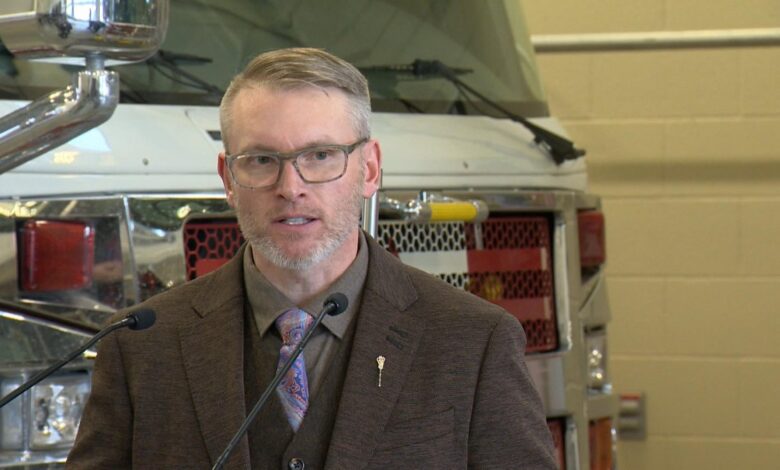
Six New Detox Beds To Serve Yorkton And Area Residents
Six new short-term detox beds are now open at Bruno’s Place emergency shelter in Yorkton to help people struggling with substance use disorder.
These new beds are part of government’s commitment to increase access to detox beds and services across the province and are the first detox beds to be made available in southeast Saskatchewan. As part of this commitment, the province is providing $335,000 in annual funding to support these spaces in Yorkton.
“Addictions are devastating to individuals, family, friends and communities,” Mental Health and Addictions Minister Everett Hindley said. “With these additional detox beds, Saskatchewan residents now have better access to the care they need to recover from addiction challenges.”
Bruno’s Place is a 10-bed emergency shelter located in the Prairie Harvest Community Centre. The Saskatchewan Health Authority (SHA) and Bruno’s Place have converted six of these shelter beds to short-term detox spaces. A significant overlap exists between people experiencing homelessness and those experiencing mental health and addictions disorders. These detox beds will enhance care for many people experiencing homelessness who also need detox services.
“These six non-medical detox beds are an exciting step forward in addressing addiction services in our region,” Bruno’s Place Coordinator Angela Chernoff said. “Partnering with the Saskatchewan Health Authority has enabled Bruno’s Place to hire a case plan manager, and to move forward with providing client programming in our community centre.”
These detox beds will allow people to more easily access addiction treatment services, rather than potentially going to a hospital emergency department or waiting for an available space in another community.
Detox beds support individuals who are focusing on the management of physical withdrawal symptoms while engaging in recovery.
Government’s recent 2023-24 Provincial Budget has invested a record $518 million in mental health and addiction supports and services, an increase of $12.4 million over last year’s budget. This is the largest investment in the province’s history for mental health and addiction supports.








































